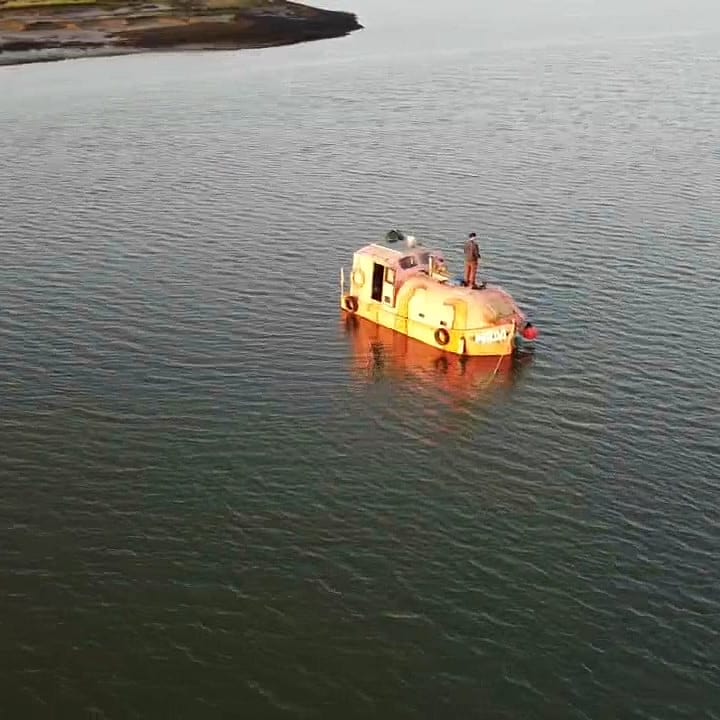People working inside non-profits often emphasize “mission” and “impact,” but we need to talk honestly about structure. Most non-profits are designed to be accountable to funders, boards, and regulatory frameworks – not to the communities they claim to serve. This isn’t necessarily about bad individuals; it’s about institutional design.
The form itself grew out of tax structures, philanthropy models, and governance systems that allow wealth and power to shape social agendas while appearing neutral and benevolent. Funding cycles define priorities. Reporting requirements shape language. Boards – often drawn from elitist networks – hold real decision-making power.
The result is predictable: social change is professionalized and risk-managed, radical ideas are softened into grant-friendly language. Projects learn to align upward toward funders rather than outward toward communities. Activism becomes administration.
If your mission statement contains radical goals, you are relying on the tolerance of a governance structure that can constrains and redirect those goals at any time. That tension is structural, not personal.
None of this means people inside NGOs don’t care, many do. But real change emerges outside institutional comfort zones: grassroots networks, commons-based organising, open processes, and messy collective experimentation.
Understanding this isn’t cynicism, it’s #KISS compost. Once we see the limits, we can build structures accountable to participants rather than patrons, and create space where transformation is actually possible.
So yes, we need to talk (again) about how parts of the #NGO world push HARD BLOCKING against native #openweb paths. This isn’t new; we’ve been having the same conversation for years. Yet here we are, watching the same behaviours repeat, only now amplified by #mainstreaming, increased funding, and institutional interference.
The antidote isn’t complicated: listen, think, and stop blocking. If the #NGO crowd could grasp this, we might build bridges instead of walls. What do we currently get? More #BLOCKING, more CONTROL, and a persistent refusal to engage with people already working on digital commons paths.
Take the #OMN approach: messy, leaky, human. If it’s not messy, it’s probably not real social change. “Messy” doesn’t mean technical chaos, it means social openness. The #KISS truth:
- Social change is messy.
- The best ideas leak, evolve, and adapt.
- Social “security” framed as CONTROL to often becomes gatekeeping.
Lock everything down and you block creativity, trust, and progress. We need leaky systems where communication and data flow in ways that respond to community needs, especially when we don’t yet know what the community fully is.
The #geekproblem has spent years prioritizing CONTROL and SECURITY because social reality is treated as an engineering problem. But trust isn’t a technical feature, it’s a human process. CONTROL can create functioning systems; it rarely creates healthy societies.
Fear-based governance consistently fails. History shows that systems built primarily on CONTROL and FEAR eventually collapse under their own weight. If we repeat that pattern in the #Fediverse, we risk recreating the structures we claim to replace.
So who organizes the #Fediverse? For years there’s been tension between #DIY grassroots approaches and forms of #DoOcracy where those doing the work accumulate decision power. Meanwhile, the more native path – parallel communities cooperating (as explored in #OGB) – struggles to emerge because these models block each other. It’s a mess that needs composting.
The #twittermigration and ongoing #mainstreaming influx won’t magically fix this. Doing nothing is itself a form of blocking; refusing to change simply entrenches existing power structures.
Let’s keep this #KISS:
- No dressing up old CONTROL structures in #fashernista clothing.
- No gatekeeping disguised as governance.
- No pretending fear and CONTROL will build a better society.
So what might unblock the path?
- Stop treating the #Fediverse like a product, it’s a social movement.
- Shift from CONTROL-based systems to TRUST-based ones: radical transparency and the #4opens.
- Learn from past #mainstreaming mistakes instead of repeating them.
- Support builders who understand social trust, not just software, but community.
The question is simple: are we building from CONTROL or from TRUST? One leads to stagnation; the other opens the possibility of a genuine alternative future.

